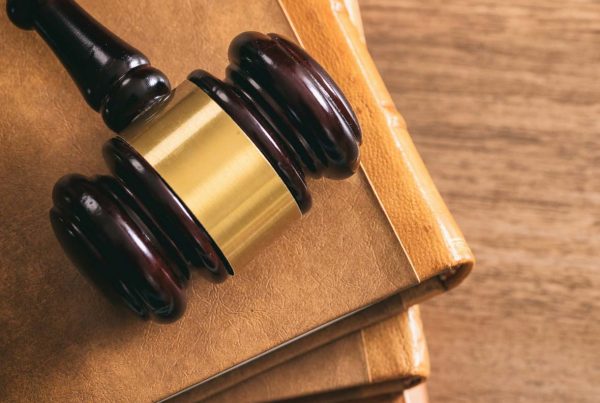As an organization with a strong commitment to freedom of expression, CCLA has traditionally focused on prohibitions and restrictions on speech put in place by government or state institutions. We have challenged the breadth of hate speech and child pornography laws, advocated for changes to the law of defamation to help foster free speech, and supported legislation to make it harder to succeed in using our courts to stifle public participation.
But the landscape relevant to protecting free expression has changed dramatically since CCLA’s inception in the 1960s. Today, Canadians don’t only live their lives in Canada – increasingly they live in online spaces that are governed by private (and global) corporations with an enormous amount of power. While those corporations are required to follow local law, they are not bound by the same Charter of Rights and Freedoms that requires that governments limit our rights only insofar as such limits are reasonable and can be justified. Facebook develops its own Community Standards and can then enforce those standards on its platform, and change those standards if and when it sees fit. It has no checks and balances, no separation of powers. But should it? Should we start treating Facebook more like a government? Is it moving in that direction itself?
Whether you think what Facebook does is best characterized as content moderation or simply censorship, it is clear that the social media behemoth is already deep into the business of deciding what kind of expressive content has a place on its platform, and what kind decidedly does not. In effect, this means that Facebook has a great deal of power over online expression – period. Over 2 billion people use the platform worldwide, and for some, there is no meaningful distinction between the internet and Facebook. Recognizing the enormous power the company has over online content, it has proposed the creation of a Facebook “oversight board” to make difficult content decisions. I was invited to participate in a Canadian Roundtable Discussion that the company hosted to discuss this proposal. They are engaged in these discussions worldwide, are soliciting comments from the public through a consultation process, and plan to have the board “up and running” by the end of the year.
The idea behind an oversight board is that the trickiest content decisions would not be left to the company, but instead the subject of a decision by an “independent” body by which Facebook agrees to be “bound”. I am being liberal in my use of quotation marks because the details around the proposal are still very preliminary. There are many challenging questions to address: how would the board be constituted; how would it decide which “cases” to “hear”; what would a “hearing” look like; would the process be adversarial or inquisitorial; how does the use of such a board serve Facebook’s interests; how does it serve those of its users? These are each complex questions with no easy answers. If there is one thing you can say about the proposal to establish an oversight board: it’s ambitious.
I’ll admit that I have not come to a landing on whether an oversight board for Facebook would be a welcome development. Part of me wonders whether global standards of free expression are even feasible given how rooted in local context and cultures expression is – particularly online. Nevertheless, I think experimenting with new governance structures may, at a minimum, create a global discussion about freedom of expression: what it means, its limits, and how it can be fostered. CCLA will definitely be engaged in that discussion, and if you care about free speech, you should be too.
About the Canadian Civil Liberties Association
The CCLA is an independent, non-profit organization with supporters from across the country. Founded in 1964, the CCLA is a national human rights organization committed to defending the rights, dignity, safety, and freedoms of all people in Canada.
For the Media
For further comments, please contact us at media@ccla.org.





